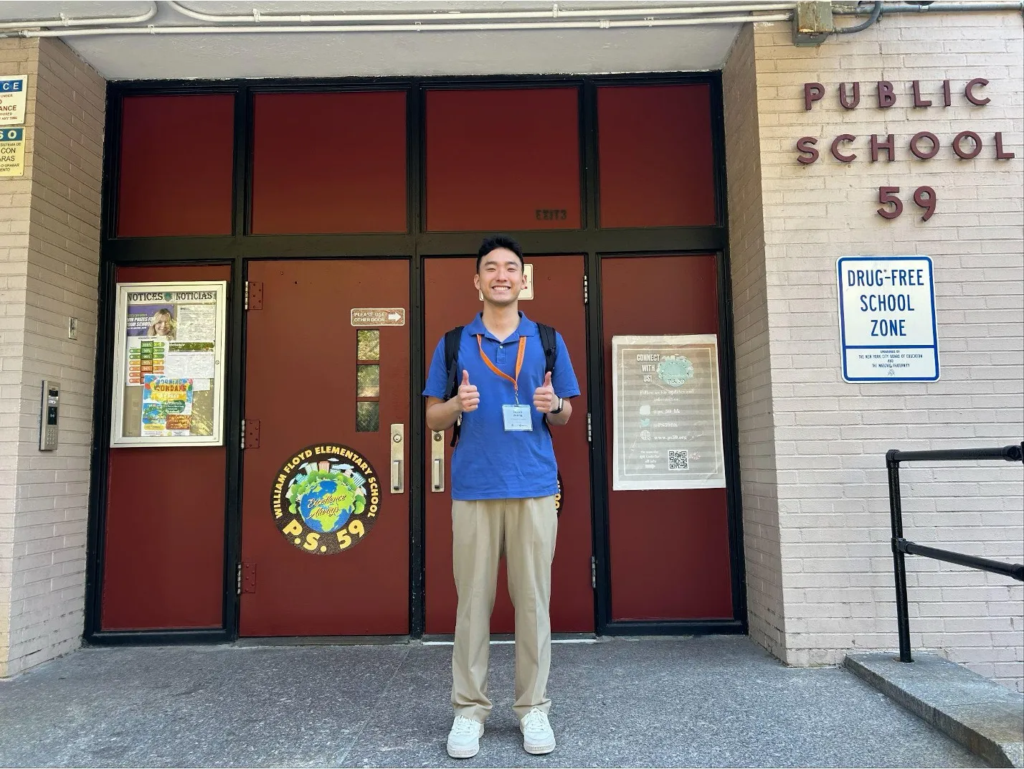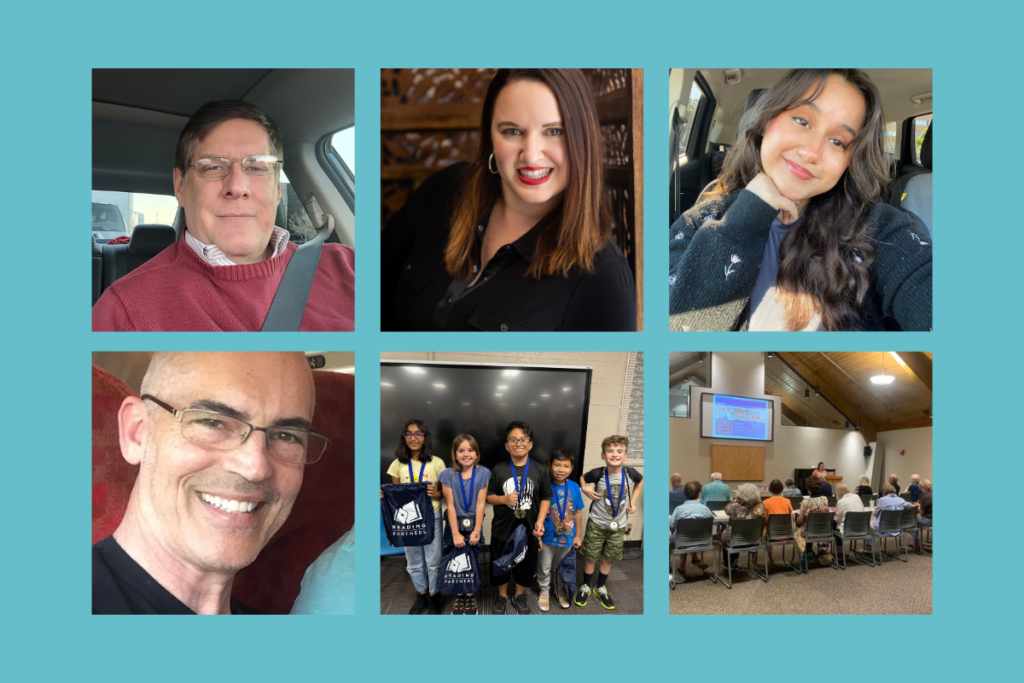In a hushed first-grade classroom at Public School 55 in the South Bronx, Edward Muñoz, a bashful 7-year-old in scuffed sneakers and a worn hoodie, was sounding out tricky words with his tutor.
Together they plowed through a book about a birthday barbecue, tackling the words “party” and “presents.” Then they played a rousing game of word-based tic-tac-toe, with Edward eventually declaring victory.
Exchanges like theirs take place every day in classrooms around the country, now that links between early literacy gains and later school success have been clearly documented.
But Edward’s tutor was not in the classroom. His school, a 20-minute walk from the nearest subway stop in a crime-plagued neighborhood, has long had trouble finding tutors willing to visit. “It is hard to get anyone to volunteer,” said the school’s principal, Luis Torres, who sometimes cancels fire drills because of the gunfire he hears outside.
Now, newly designed software for the tutoring of beginning readers has bridged the gap, allowing volunteers to meet students online from a distance. P.S. 55 is testing the program with students in its four first-grade classes.
Edward’s tutor, Jenny Chan, was an hour away in Midtown, on a bustling trading floor at JPMorgan Chase, where she provides technology support. She was talking to Edward by phone and seeing the story he was reading with screen-sharing software on her desktop computer.
JPMorgan Chase is sponsoring the remote tutoring program and encouraging its employees to get involved from their desks during the school day. This is a boon for Ms. Chan, who has participated in corporate-sponsored volunteer reading programs at other firms. But since having two children and receiving a promotion, she has been unable to make the lunchtime trek to a school, particularly one as far away as P.S. 55.
As for Edward, he was perched on a blue plastic chair, listening to Ms. Chan’s encouragements through headphones as he read haltingly into the microphone. When he mispronounced a word, Ms. Chan prompted him to try alternatives, occasionally proclaiming, “Good job!” From her desk, she followed along and turned the pages of a virtual book for her budding reader.
The program is the creation of Seth Weinberger, a 56-year-old former technology lawyer from Evanston, Ill., and the founder of Innovations for Learning, a 19-year-old nonprofit organization that has set its sights on raising persistently low reading scores among the nation’s poorest children. The tutoring software is being tried by over 550 volunteers in 60 low-performing classrooms in Chicago, Detroit, Miami and Washington, as well as at P.S. 55, where in 2010, only 15 percent of the third graders passed the state English exam.
Countless studies, many outlined in an exhaustive 1998 literacy report by the National Research Council, indicate that there is a strong connection between how fast young readers progress and how often they encounter written language. But according to the 2007 National Survey of Children’s Health, less than half of the nation’s young are read to at home on a daily basis.
As a result, the literacy organization Everybody Wins! New York plants more than 1,000 volunteers in city schools. New York Cares sponsors volunteers in an early morning reading program. And in September, the national advocacy group Reading Partnersbegan a volunteer tutoring initiative in seven of the city’s poorest-performing elementary schools.
Read more here.
—Kyle Spencer, New York Times / Source



